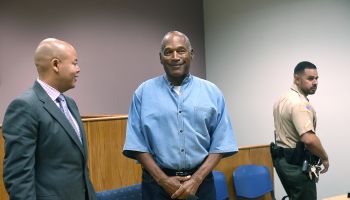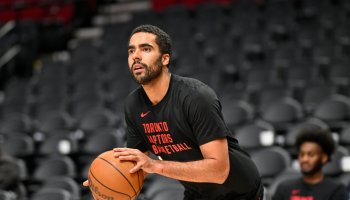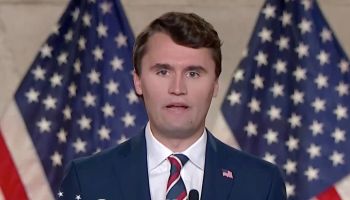Syria’s foreign minister praised President Barack Obama’s address to the Arab and Islamic world in Turkey, and many Arabs were cheered by the American leader’s promises to push for a Palestinian state.
On his first visit as president to a predominantly Islamic nation, Obama reached out to Arabs and Muslims in his Ankara address, saying the United States “is not and never will be at war with Islam.” He also spoke of the Arab-Israeli peace process, saying he will “actively pursue” the goal of creating a Palestinian state alongside Israel.
In an interview published Tuesday, Syrian Foreign Minister Walid al-Moallem said Obama’s speech “reflects a clear attention toward the two-state solution.”
Al-Moallem said Obama’s words were “important” and “positive.” But he hinted that Arabs expect Washington to pressure the new hard-line Israeli government of Prime Minister Benjamin Netanyahu to accept the creation of a Palestinian state.
“We need to see how the United States will deal with an Israeli government representing the extreme right, and continues to reject the two-state solution,” al-Moallem told Lebanon’s As-Safir newspaper.
Egyptian Foreign Minister Ahmed Aboul Gheit praised Obama’s remarks as “insightful and credible.”
Netanyahu’s office on Monday issued a statement saying Israel would “work closely” with the U.S. on peace, but it avoided any mention of a two-state solution.
Syria is one of the big tests of the Obama administration’s attempts to strike a new tone in relations with Mideast nations. Obama’s predecessor George W. Bush sought to isolate Syria to force it to stop its support of militant groups like Lebanon’s Hezbollah and Palestinian Hamas and do more to prevent militants from entering Iraq.
The Obama administration has said it seeks a dialogue with Syria — as well as with Syria’s ally and Washington’s biggest regional rival, Iran. Damascus has appeared eager for better ties, hoping for an economic boost and U.S. mediation of peace talks with Israel, though it has shown little sign of being ready to cut its backing for militants.
More broadly, Obama’s visit to Turkey aimed to overcome widespread resentment in the region for what many saw as the Bush administration’s aggressive policies against Muslims and Arabs. Top Arab satellite news networks Al-Jazeera and Al-Arabiya carried his speech to Turkey’s parliament live on Monday, as well as a town hall meeting Obama held with Turkish students on Tuesday in which he said he wants to work with Muslims.
Lebanese columnist Rajeh Khoury said Obama’s visit to Turkey draws a “road map for the relationship between the West and Islam.”
Tareq Masarwah, a columnist in Jordan’s Al-Rai newspaper, pointed to the significance of Obama’s choosing Turkey — a mainly Muslim nation but with a strong secular tradition — as a nod to “moderate Islam.”
“Moderation is what we need to confront the extremism and the violence which has dominated Muslims the past three decades,” Masarwah said.
But, he said, “the sole bridge toward reconciliation is a Palestinian state.”
Though many Arabs were angered by the U.S. invasion of Iraq and other American policies in the region, the biggest dispute they most often cite is the Palestinian issue, and what they see as Washington’s bias toward Israel.
Palestinian negotiator Saeb Erekat welcomed Obama’s endorsement of a Palestinian state. “We hope that the Israeli government will understand that this is the only path to peace,” he told The Associated Press.
But Yehia Moussa, a lawmaker with the Hamas militant group, said “What’s important is not that he talks nicely, but what he does on the ground.”
“Until now we haven’t seen any positive actions on the Palestinian issue. He is repeating the same positions as Bush,” Moussa said.
















